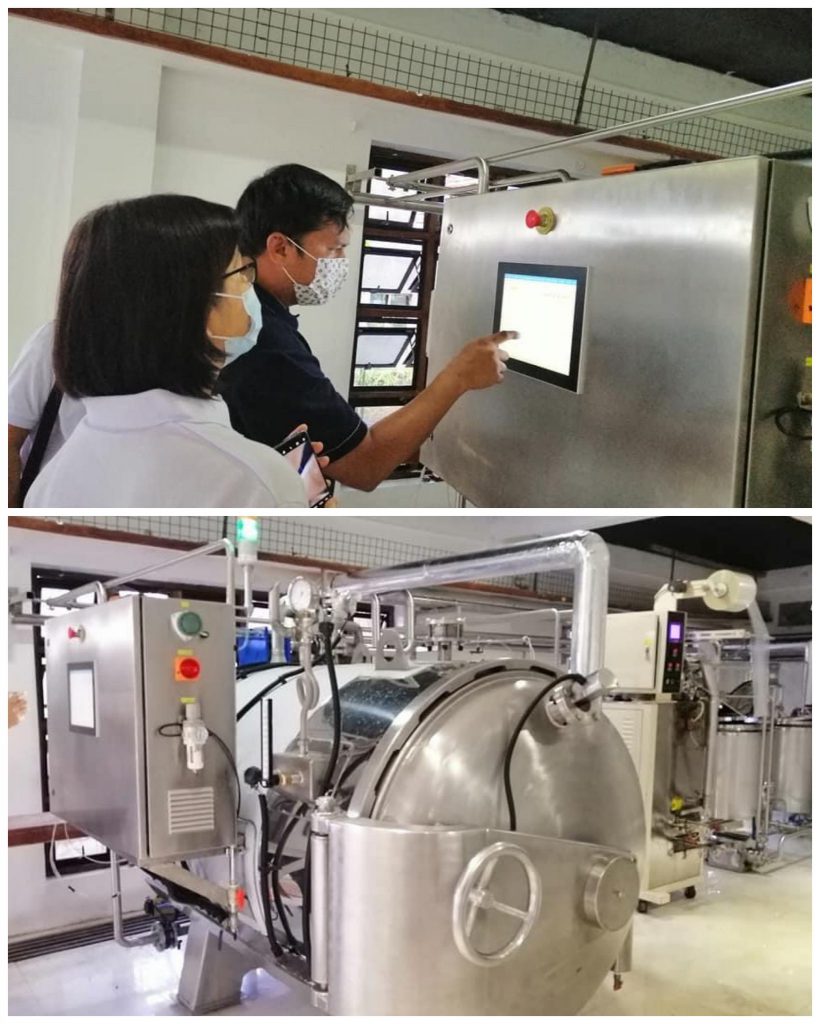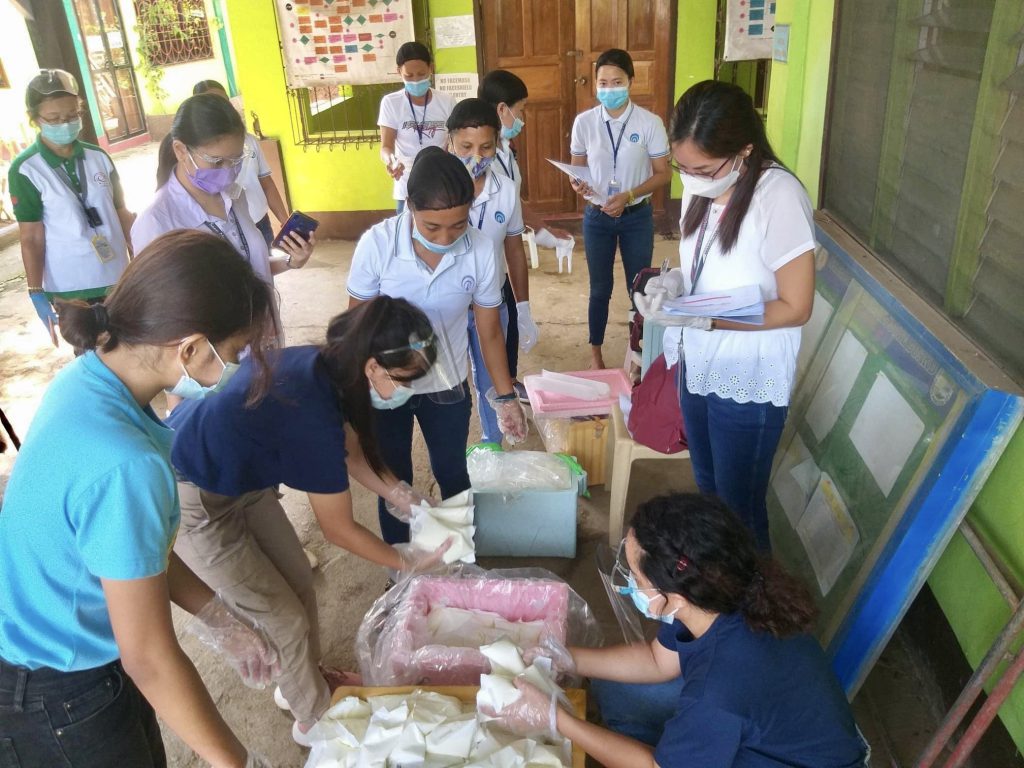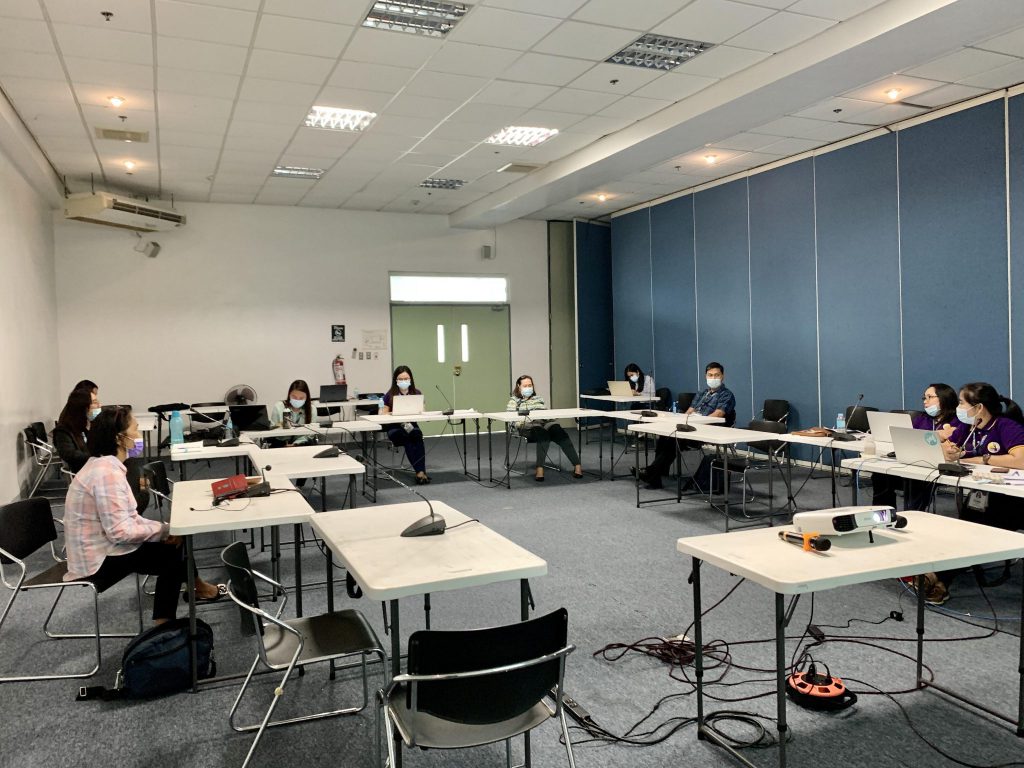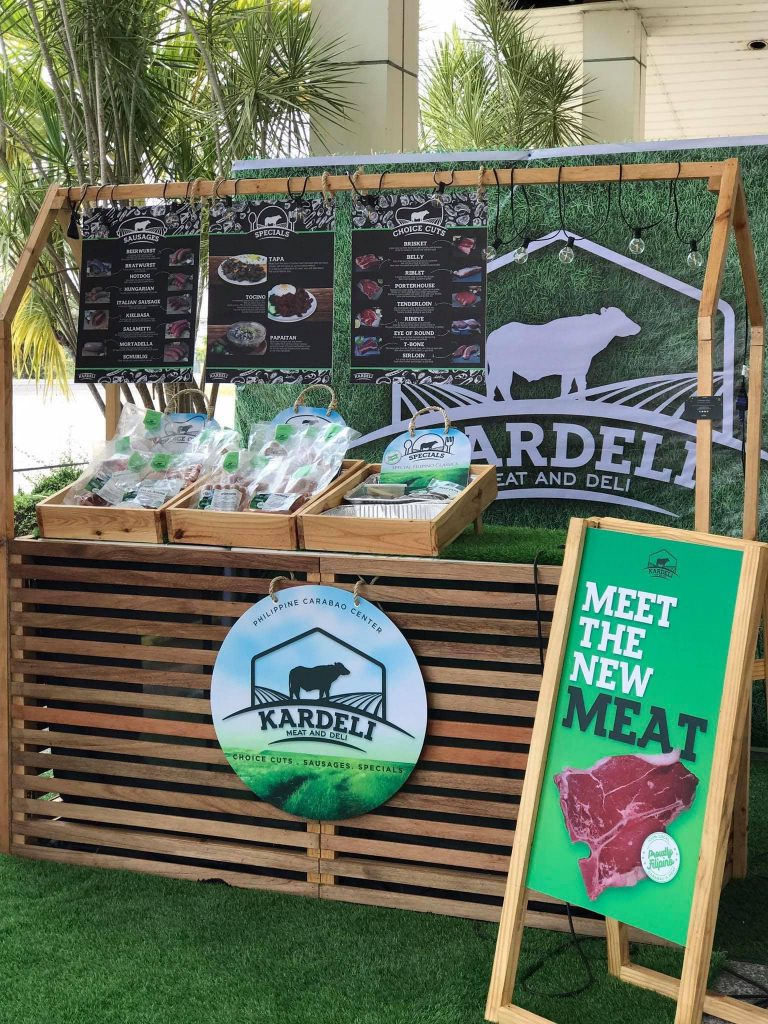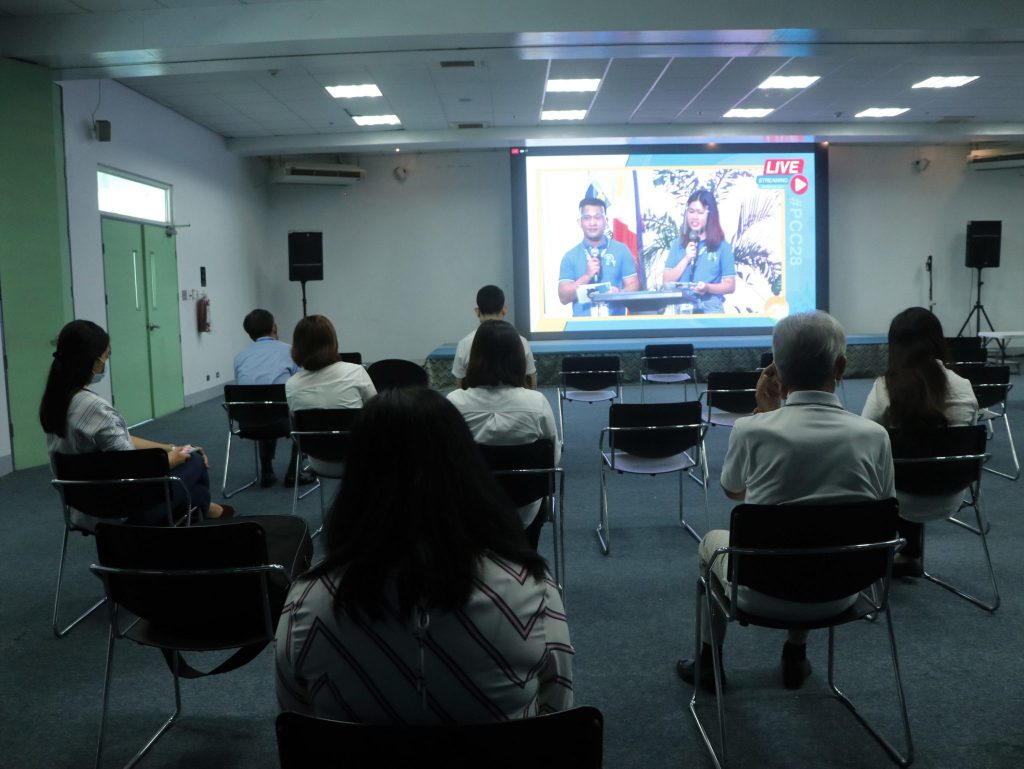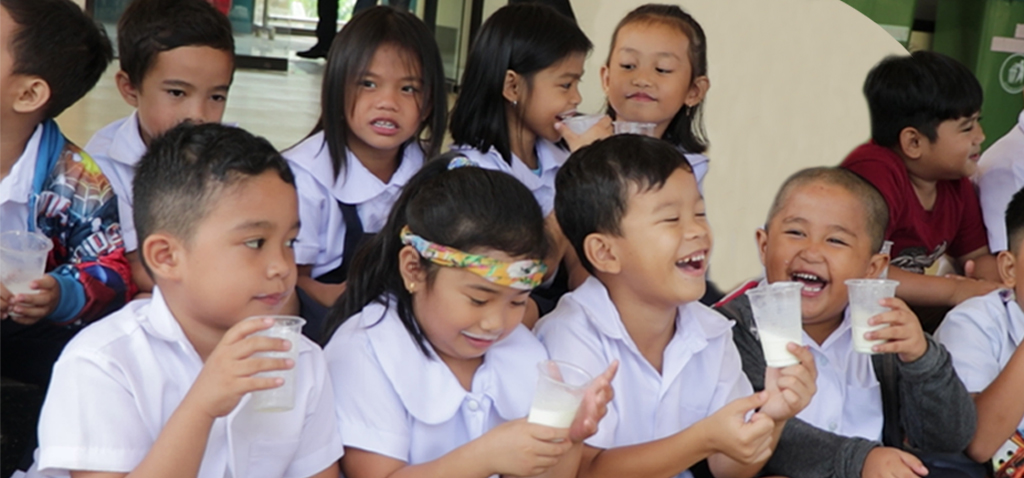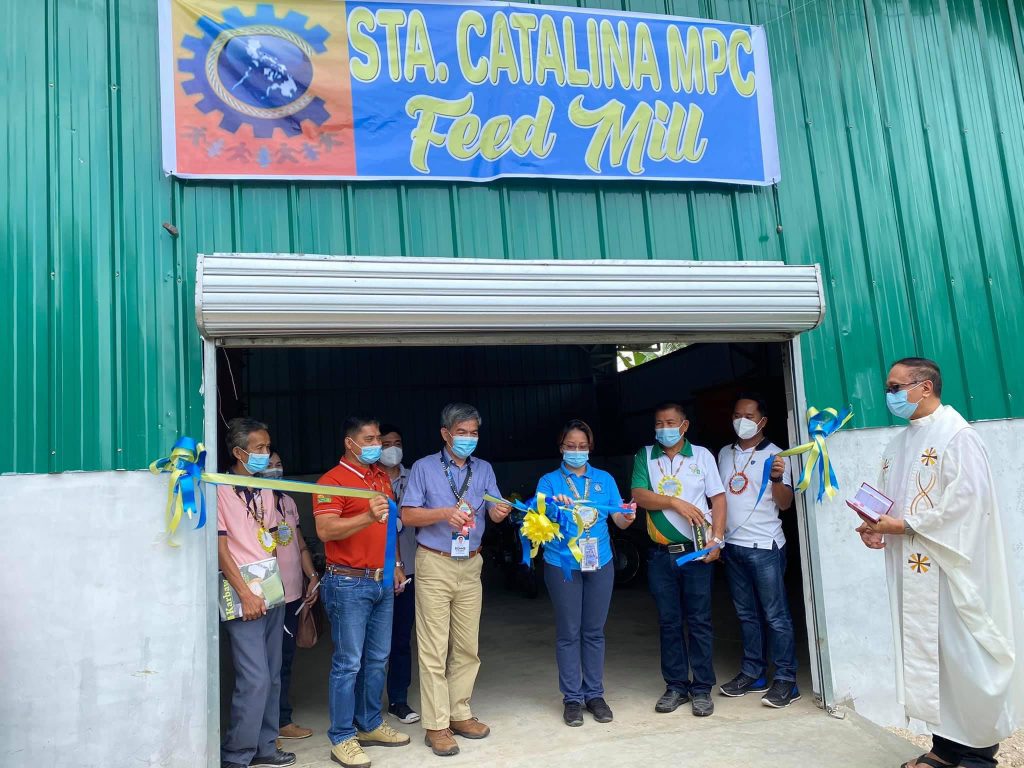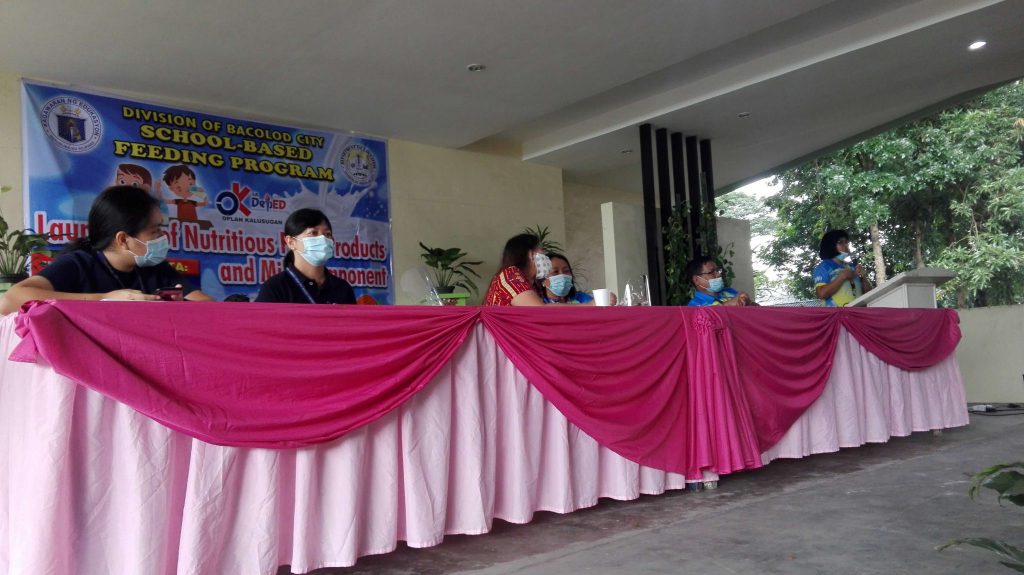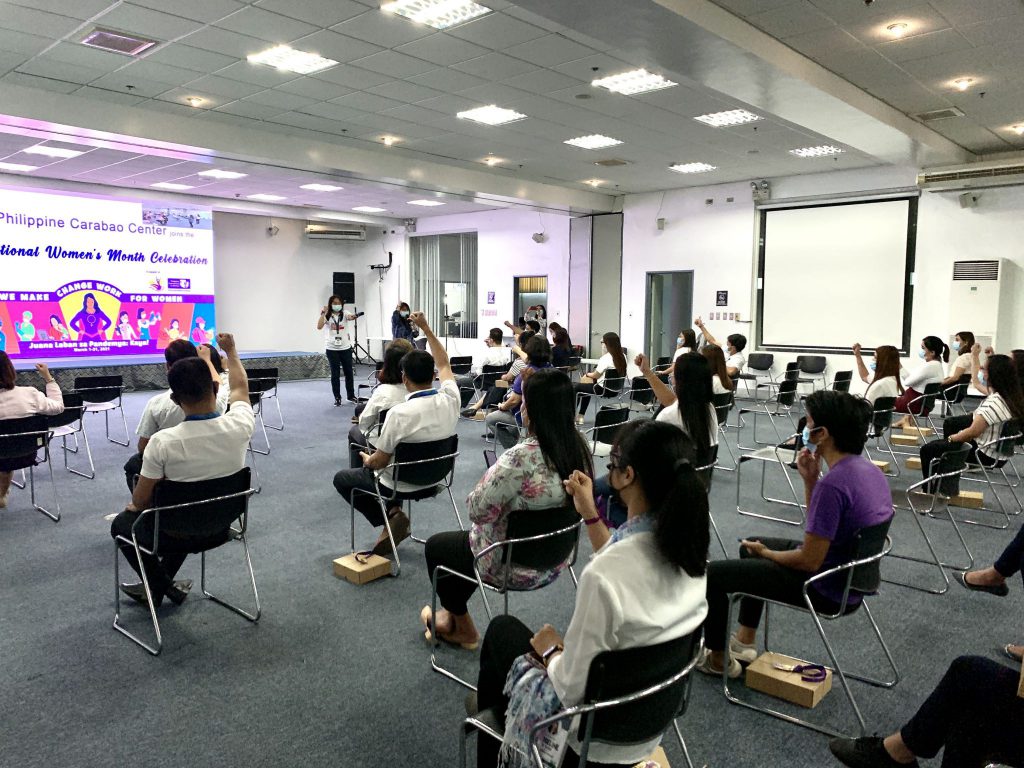Transitioning to the new economy with a renewed resolve to implement the Carabao Development Program (CDP) is the DA-Philippine Carabao Center’s (DA-PCC) fresh commitment this year as it celebrates its 28th anniversary.
Said commitment is guided by the key strategies set forth by the Department of Agriculture’s OneDA masterplan, which aims to strengthen and harmonize development initiatives in the carabao industry value chain with emphasis on harnessing strategic partnerships with the local government, academic community, and the private sector.
Ultimately, the plan is to overcome the challenges of the pandemic and help uplift the living conditions of the rural farming communities.
A virtual program was conducted on March 29 through Facebook live streaming. It was joined by DA-PCC regional centers, partners, and carapreneurs across the PCC network.
Dr. Ronnie D. Domingo, OIC Executive Director of DA-PCC, reported on the efforts of the agency during the pandemic such as the livestock rescue operations during the volcanic eruption in Taal, the rolling out of Kadiwa Buffalo Milk on Wheels, and the introduction of new technologies that were developed to improve carapreneurs’ management and production systems.
“Matagumpay na naisakatuparan ang mga programa ng PCC nang dahil sa patuloy na paglalaan ng pondo ng gobyerno para sa pananaliksik. Patuloy kaming nakikipagtulungan sa mga lokal at international organizations upang mas lalo pang umasenso ang ating industriya ng pagkakalabaw,” said Dr. Domingo as he enumerated the program priorities of the agency.
The program priorities include a Dairy Roadmap from 2020 to 2025 (in partnership with the National Dairy Authority), PL480 project with PhP512M budget, and partnership with private stakeholders, Province-wide Carabao-based Business Improvement Network (CBIN) project, Coconut-Carabao Development Project, and the School-based Milk Feeding Program led by Department of Education (DepEd) and Department of Social Welfare and Development (DSWD). These, he said, are efforts beyond the regular activities under the three-pronged CDP that includes Genetic Improvement Program, Carabao-based Enterprise Development Program, and Research for Development.
Governor Arthur Yap of the Province of Bohol served as the keynote speaker during the program. He challenged the agency to seize the opportunity in strengthening and helping local farmers and fisher folks in sustaining food security at this time of pandemic through promoting and preserving the Philippine carabao not only as an animal for work in the traditional Philippine farming scene but also for high-profit ventures such as production of milk and meat and other products.
Gov. Yap urged the agency to make sure that different food commodities are accessible at affordable prices for the public.
“This is the only way for our economy to bounce back—that food is sufficient and accessible to all and properly priced. Remember that in this period of COVID-19 and the ASF, there is going to be a renewed pressure on you to perform and to make sure that the DA-PCC and the Philippine carabao goes to the forefront of the discussion and that it is part of the solution to combat this crisis,” he emphasized.
He committed that the province of Bohol will always be a willing partner to DA-PCC in nation building through food security.
“Whatever happens to this country, we will remain to be a rural country and we should be proud of that. We should continue protecting our farmers and fisherfolks and that can only happen with science, technology, and value-adding,” ended Gov. Yap.
In a pre-recorded message, Senator Cynthia Villar, Chairperson of the Senate Committee on Agriculture, Food and Agrarian Reform, reminded the agency to work for the optimum development of the country’s dairy sector which will redound to poverty alleviation, increase farmer’s income, and improve nutrition of children.
Former DA-PCC Executive Directors and CDP pillars Dr. Libertado Cruz and Dr. Arnel Del Barrio also encouraged DA-PCC to remain resilient against all circumstances amid and beyond the pandemic and continue to be a catalyst that can bring about change and clear-cut solutions to benefit thousands more of farming families. Both agreed that these efforts should be backed up with sound science and bolstered with partnerships.
The five new learning videos in the Knowledge Brokerage, Guidance, and Advisory Network (KBGAN) series by the Knowledge Management Division (KMD), headed by Dr. Eric Palacpac were also previewed virtually. The KBGAN videos feature technologies and best practices on carabao management and production.
The presentation of buffalo meat products, employee recognition and appreciation, virtual recognition of #OneDArfulJuan and #OneDArfulJuana and anniversary greetings from PCCEans and partners concluded the program.

